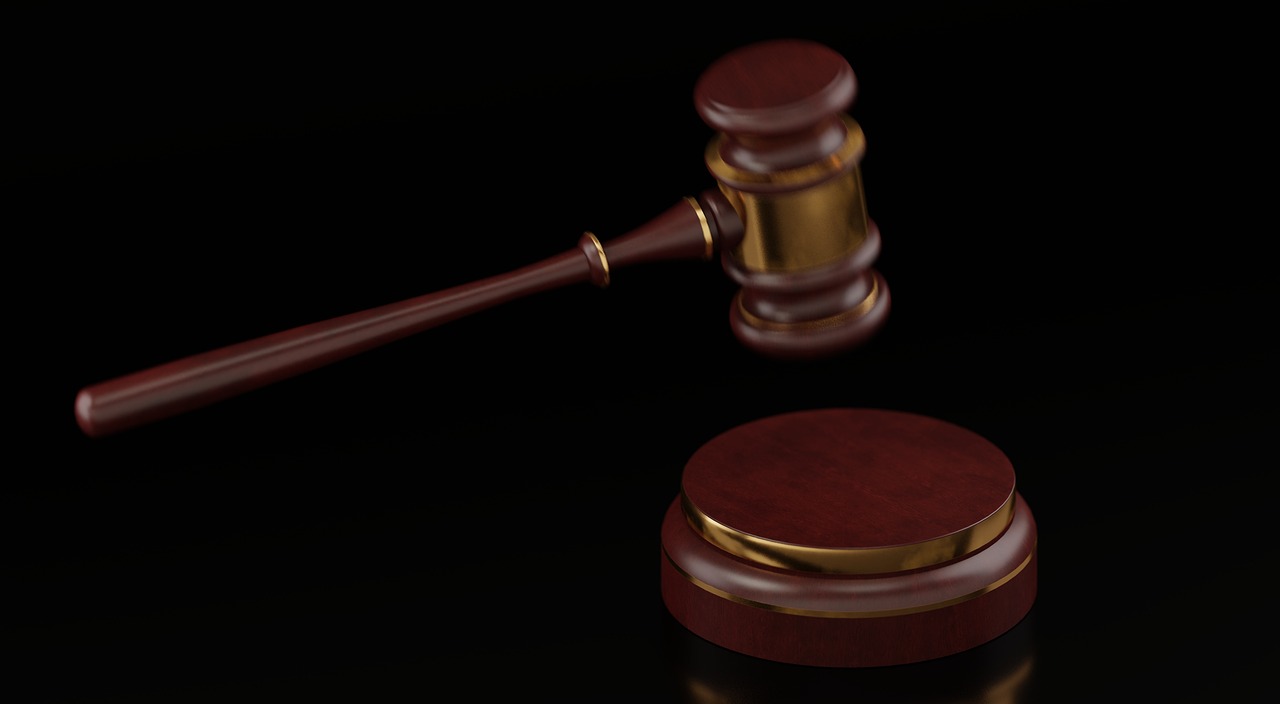The UK Supreme Court recently changed secondary victim claim cases significantly. Consequently, this ruling now reshapes psychiatric injury law in medical negligence claims. Therefore, many families no longer meet the criteria to receive compensation.
At Dawn Solicitors, we fully understand that witnessing the sudden loss of a loved one causes deep trauma. Hence, our expert team guides you through the legal process with clarity, compassion, and confidence.
A secondary victim claim arises when someone experiences psychiatric injury after they witness a traumatic event. Usually, the claimant does not suffer the harm directly. Instead, they are a close relative or bystander who observes the incident and suffers mentally as a result.
Traditionally, courts have accepted these claims only when strict conditions are met. Specifically, the claimant must witness the event with their own senses. Moreover, they must be present at the scene. Additionally, they must share a close relationship with the primary victim.
In 2024, the UK Supreme Court delivered a landmark judgment in Paul v Royal Wolverhampton NHS Trust, fundamentally reshaping the rules for bringing a victim claim that is secondary in nature. The Court actively examined whether individuals who witness the traumatic death of a loved one due to clinical negligence can claim compensation for psychiatric harm.
From the outset, the Court clarified that not all distressing events qualify for a legal claim. Specifically, it ruled that witnessing a loved one’s gradual medical death even if due to negligence is not enough. Instead, the Court required an “accident,” defined as a sudden, external, and shocking event causing injury or death.
Consequently, the Court drew a line between sudden accidents like car crashes, which may allow claims, and slow medical events. Even if tragic, drawn-out emergencies don’t meet the legal threshold. This decision limits psychiatric injury claims. Therefore, many affected people may now face challenges seeking justice. Although the Court acknowledged the emotional toll, it kept legal duties narrow.
At the same time, the ruling offers clarity on this complex issue. As a result, families affected by medical negligence should seek expert advice before starting a claim.
To succeed with a secondary victim claim, you must now meet several strict conditions.
- First, you need to prove a close relationship with the primary victim.
- Next, you must show that you directly experienced the traumatic event with your own senses.
- Additionally, the incident must involve a sudden and shocking accident.
- Finally, you must suffer a recognisable psychiatric injury, such as PTSD.
As a result of the recent court decision, meeting these legal tests has now become much more difficult.



